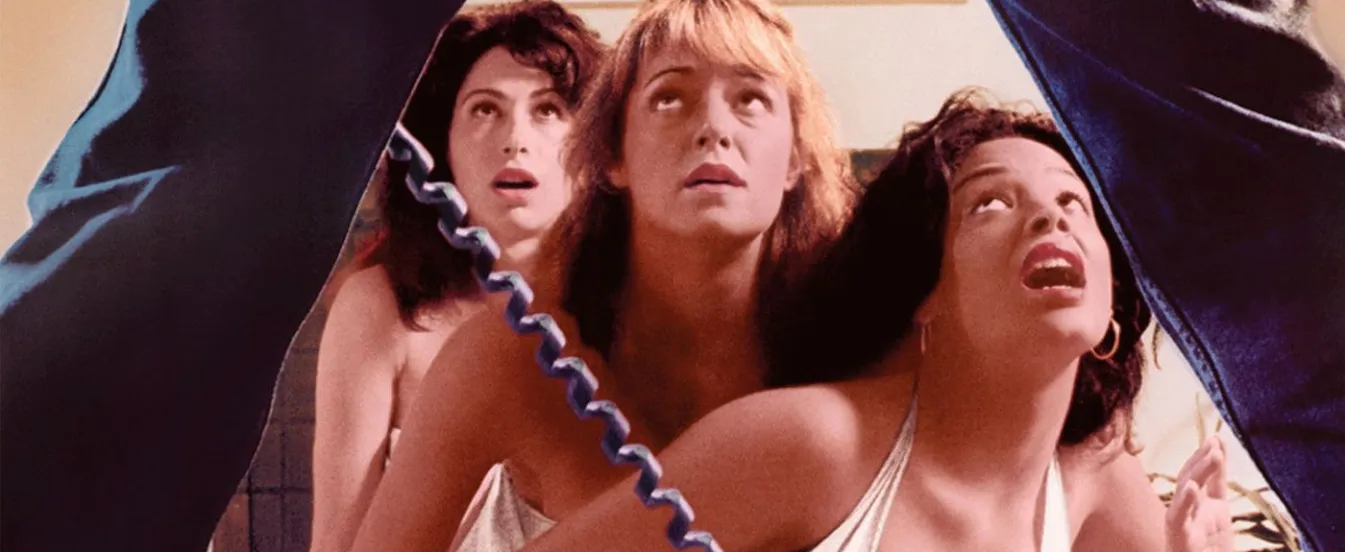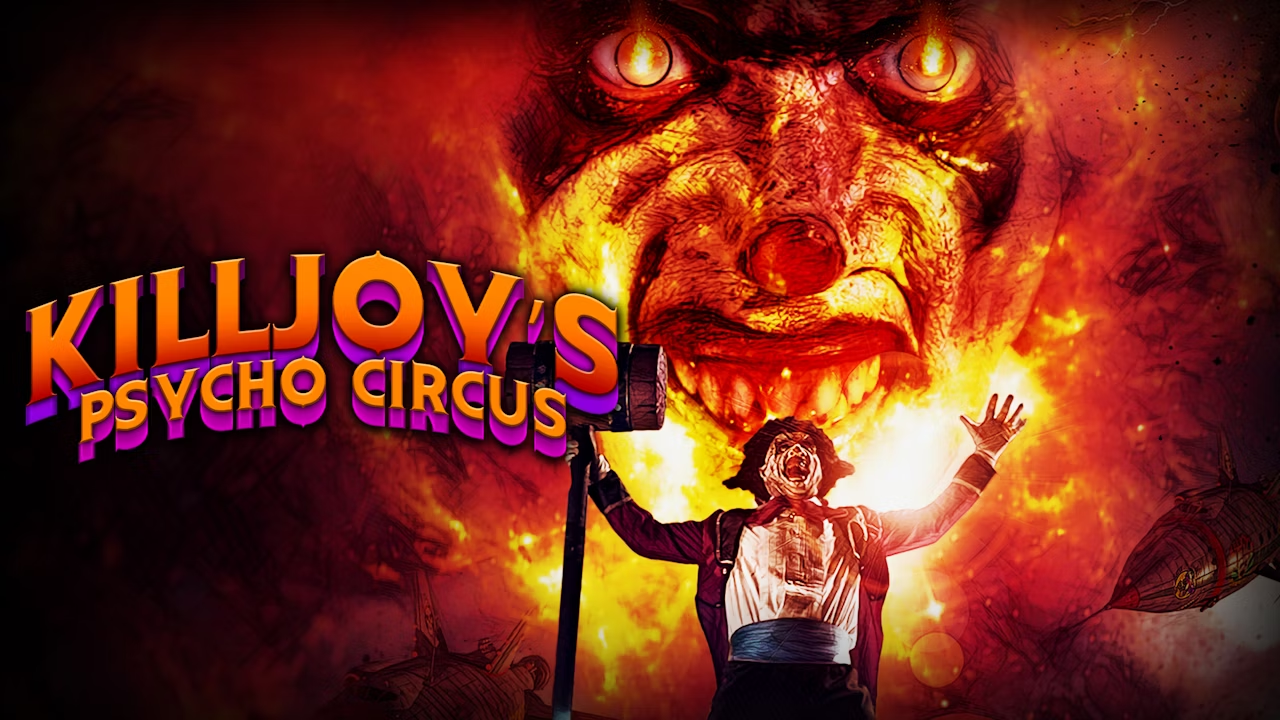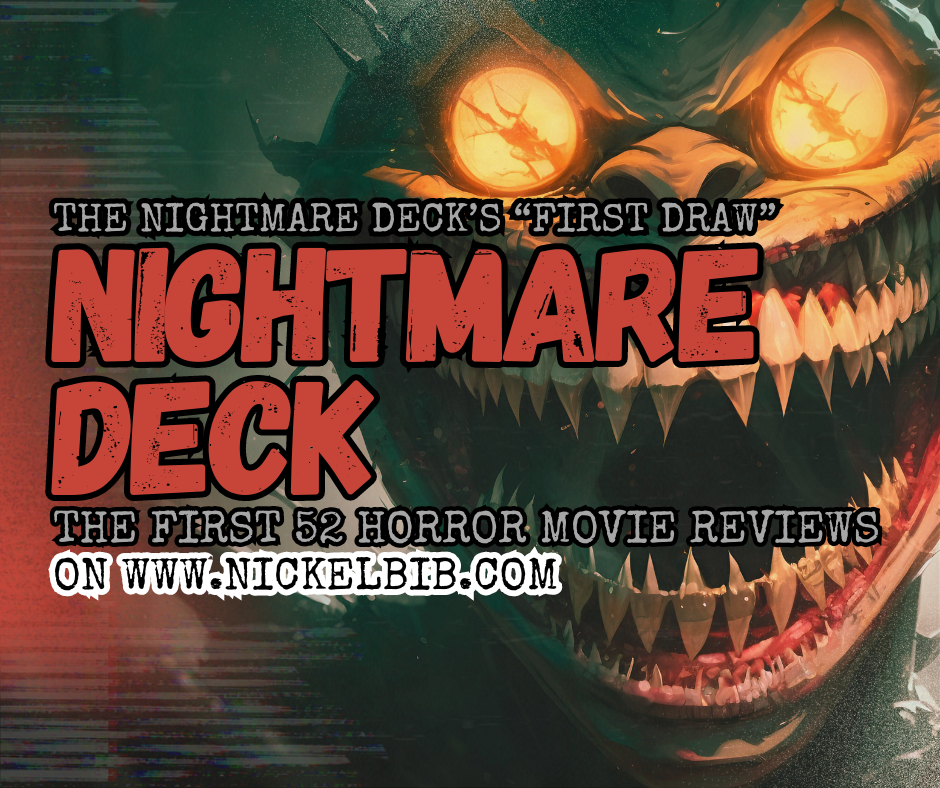I remember watching the Magic School Bus in my youth and all their shenanigans and adventures. Whether it be being shrunk down and placed into someone’s stomach, or something even more absurd, the red-haired kid Arnold always pled with Mrs. Frizzle, begging for a normal fieldtrip. A 2010 Serbian exploitation film, A Serbian Film was directed by Srđan Spasojević in his feature debut. For reasons we are about to talk about, the film has built a cult following amongst hardcore gore hounds and curious onlookers alike. I, for one, have known about A Serbian Film for many, many years. It is not a film I review hastily or went in blindly, but, instead, a film whose review has been repeatedly requested and recommended. Topping nearly everyone’s list as the most disturbing film ever made, is it possible I am in for a normal movie? With A Serbian Film? No way!
Although my reference to Magic School Bus might feel unnecessary (because it was) and random (because it was), A Serbian Film also sees children thrown in dangerous situations they don’t understand.
Co-written by Aleksandar Radivojević, A Serbian Film tells about a man named Milo, a famous porn star who now struggles to make ends meet. As much as he desires to step away from the industry, his financial woes find him forced to come out of retirement every time his bank account runs dry. As an older man, now tasked with the responsibilities of marriage and a young son to take care of, he longs to step away from the industry, and the country of Siberia, in search of a better life. Soon, Milo finds himself contacted by an arthouse businessman named Vukmir, offering a way out of the industry and the country, so long as he agrees to blindly participate in an “art film”, later finding he has been drafted into a snuff film, comprised of pedophilic and necrophilic themes.
Nightmare Shift deals a lot in dark subject matter, but I can imagine you understand why I may not have entirely been onboard writing about the film at first. As you can also imagine, A Serbian Film was released to great controversy for its portrayal of sexual violence. The director has spoken out in that regard, deeming it a diary of the molestation done to them by the Serbian government, claiming it a metaphor for the way powerful leaders can hypnotize you into doing things you otherwise would not. A lot of what you may read about A Serbian Film can best be described as “ick,” and it is difficult for a Stateside horror aficionado to develop a truly educated viewpoint about the film, its intent, and its justness. In an interview with Serbian actor and film director Dragan Bjelogrlić criticized the film for depicting Serbia as “the scum of the earth,” in spite finding the finances through what he believed were the exploits of civilians in Serbia by his father.
From a moviegoer’s standpoint, I believe the depiction of Serbia is comparable to the depiction of Slovakia in Hostel, in the sense that a lot of your reaction will depend on your ignorance of Serbia, in the same way Hostel banked off your ignorance of Slovakia. Whether it is an authentic, actual portrayal of the country itself, for western moviegoers, while it may certainly create what’s potentially an undue prejudice of Serbia, it is also playing up to the unknown of what’s out there in places that are not where we hang our hats.
The film is well shot, with a certain level of production value to boot.
Whether I was offended by A Serbian Film aside, I can tell you straightaway I was not necessarily disturbed by A Serbian Film. Every depiction of Milo’s earlier porn career is comprised of goofy, porno scenes, and the cinematography, the thematic choice of music, and the occasional quick-edits, all feel very cinematic, and easy to distance oneself from. In other words, although what’s on display is taboo and squirmy to see depicted, I never had a moment where the barrier blurred or like it felt like anything other than a stylized film.
For instance, Michael Haneke often was able to blur that line through his more subdued, quieter scenes in features like Funny Games and Benny’s Video. That’s not necessarily what I always look for in a darker film, but, at least, I feel like that’s an example of the sense of dread I think I went into this film in anticipation of.
The acting and story felt like they could have been tightened considerably.
I went into the film anticipating and expecting a film with social-commentary, of a dilapidated creation holding back a cracked mirrored reflection of society. That, however, is not what this film was, and, perhaps, I can’t fault it for that. After all, a film is what it is, not simply what you want from it.
Instead, what we have is a main-character with a limited range who does not always elevate the content on-display beyond scrunched faces, an antagonist who comes off like any dark supervillain you’ve seen from hundreds of other horror movies or videogames, and a concept, written from the ground up, to shock you. For every piece that feels like it neatly fell into place, there’s another that feels like it wedged in with a hammer. For many, it will likely succeed, but it’s a surface level shock, a superficial jolt without much else behind it.
Personally, the only aspect I am conflicted with on a moral level is the decision to cast a small child in such parts of the film. If you’ve seen the film, I can deal with most of the darker “acts” committed, because they’re clearly not real, are intended to be interpreted as horrific, and, for the most part, no different than scenes of straightforward murder, I don’t think an artist is responsible for the influence it may have on some other person. However, when you cast a small child who has not yet developed to an age where they understand what they’ve signed up for and the gravity of the statement that’ll be made on their behalf, that’s when I feel like it starts to be a form of emotional neglect and / or mistreatment. What happens when that person is a fully matured adult and does not like the things that they were depicted to have done or had done to them?
I am certain there’ll be other equivalencies many may discover, similar instances where such a decision went unchallenged. Maybe not to the same extent, however. I feel like I was never taken aghast by the subject matter, per se, but was, rather, taken by the creators’ blatant disregard for the child’s wellbeing and mental health by the way they were portrayed. I feel like there’re some things children simply shouldn’t be able to consent, parent be damned, til they are old enough to understand it.
As a film, A Serbian Film certainly touches on a lot of taboo subjects, and I am not surprised it found a cult following. The higher production likely helped elevate it for many who have seen it. There’re even instances where I feel like it had a cinematic intelligence to it, particularly with certain shots and camerawork, but, otherwise, it is a very shallow exploration of taboo subjects, done with shoddy, unkempt, and wedged results. For a film that explores worst impulses, I think it could have been more effective as a film had it been able to reel back in some of its own.






GIPHY App Key not set. Please check settings